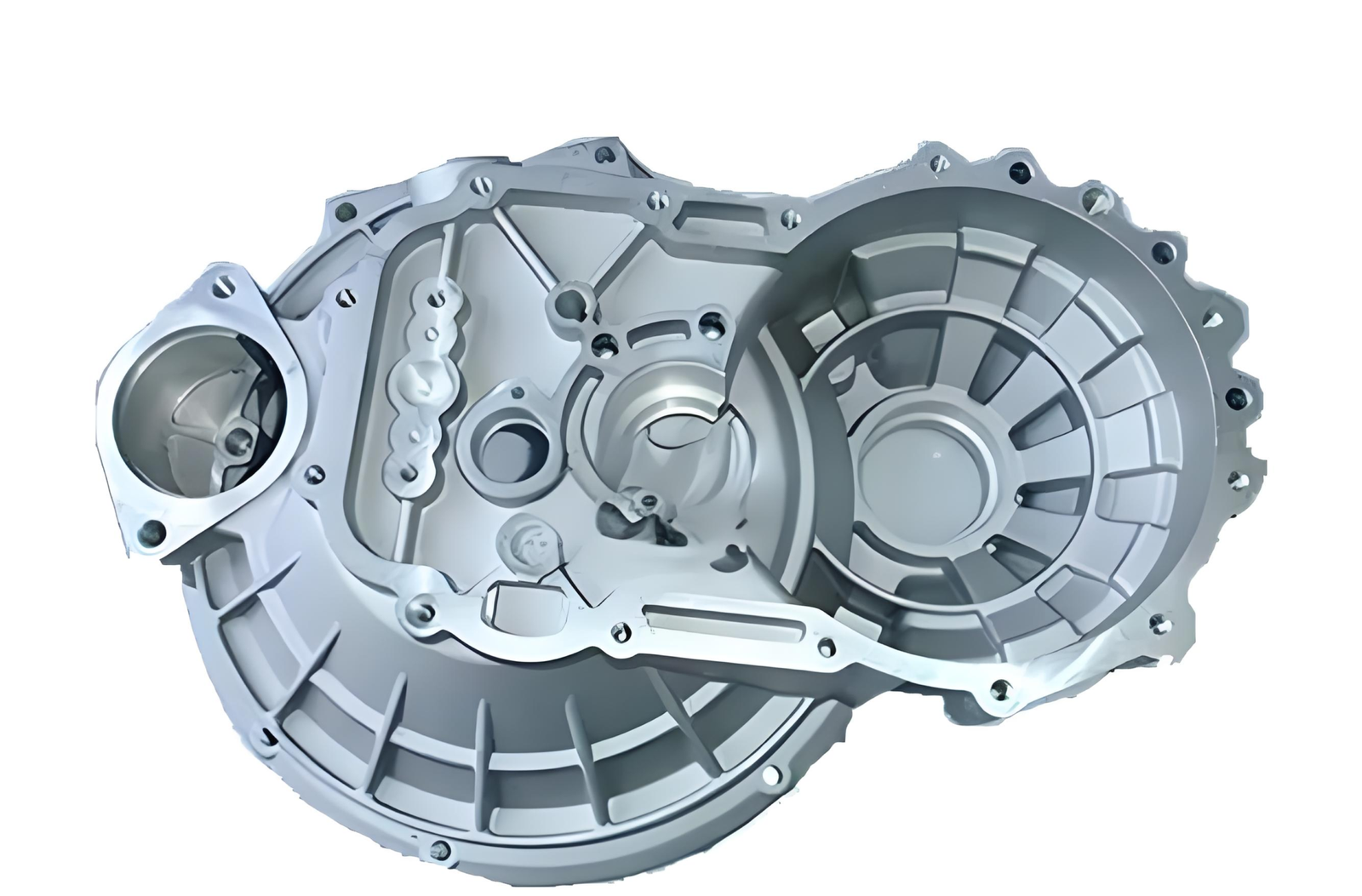
In the highly precise and competitive world of automotive manufacturing, the role of testing and validation in prototype automotive components machining cannot be overstated. As Jupaicnc continues to serve the industry with cutting-edge solutions, the importance of thorough testing and validation in ensuring the reliability and performance of machined prototypes is paramount. Prototype automotive components machining serves as a critical stage in the design and production process, where every minute detail must be scrutinized for its functionality, durability, and conformity to design specifications. The complexity of automotive parts demands an advanced level of precision and attention to detail, which Jupaicnc continuously applies in its operations. Ensuring that these components meet stringent quality standards requires extensive testing methodologies that can identify potential flaws early in the manufacturing process.
The process of testing begins with an in-depth evaluation of the machined prototype against the original CAD models. This first step ensures that the dimensions, shape, and form of the part are consistent with the specifications. It is critical to identify any discrepancies early on, as even the smallest deviation can affect the component’s performance once it is integrated into the final product. Jupaicnc utilizes advanced CNC machinery, equipped with high-precision measuring tools, to execute these tests with unmatched accuracy. Each component undergoes multiple rounds of verification, where advanced techniques such as coordinate measuring machines (CMM) and laser scanning are employed to capture every minute detail. These measurements are then compared against the original design specifications to ensure that the prototype adheres to the required tolerances.
Another crucial aspect of the testing and validation process is material performance testing. Automotive components often operate under extreme conditions, including high temperatures, vibrations, and stress. Therefore, ensuring that the materials used in the prototype components can withstand such demands is vital. Jupaicnc employs a range of material testing methods to assess the structural integrity and performance of the prototype under real-world conditions. These tests simulate the various stresses that the component will face in the actual automotive environment, providing insights into its long-term durability. Whether it’s tensile testing to determine material strength or fatigue testing to assess how the component reacts to repeated stresses, these procedures are integral to guaranteeing the component’s performance in the field.
In addition to mechanical testing, validation of the prototype’s functionality in real-world applications is also essential. Jupaicnc utilizes functional testing to ensure that the component performs as expected when installed within the larger system. This step is particularly important when working with complex automotive parts that must integrate seamlessly with other components. Whether it is testing the aerodynamics of a car’s bodywork or the fitment of engine components, functional testing ensures that the prototype not only meets the design requirements but also performs effectively in its intended role. The use of advanced simulation tools alongside physical testing allows Jupaicnc to verify that the machined parts meet the expected standards before they are moved into the mass production phase.
Furthermore, the validation process extends beyond mechanical and functional tests to encompass safety and environmental considerations. Automotive components must meet stringent safety standards to ensure that they do not pose a risk to drivers, passengers, or pedestrians. Jupaicnc works closely with clients to ensure that every prototype component adheres to the necessary safety protocols, such as crash safety testing and impact resistance evaluations. The company also takes environmental factors into account, testing how the components react to corrosion, UV exposure, and other environmental elements that could compromise the part’s integrity over time. By incorporating these additional validation measures, Jupaicnc ensures that its prototype components are not only functional but also reliable and safe under a wide range of conditions.
The quality assurance processes employed by Jupaicnc do not stop once the prototype passes the initial round of testing and validation. Continuous monitoring throughout the production process ensures that every batch of parts meets the same rigorous standards as the prototype. This consistency is critical in mass production, where even slight variations between parts can lead to significant issues down the line. By leveraging real-time monitoring systems and automated inspections during manufacturing, Jupaicnc maintains tight control over the production quality. This proactive approach to quality management ensures that the final product meets both the client’s specifications and the industry’s high expectations.
Through its commitment to precision, rigorous testing, and comprehensive validation, Jupaicnc sets a high bar in the field of prototype automotive components machining. The company’s dedication to excellence ensures that every component produced not only meets the technical requirements but also delivers superior performance and durability. As automotive technologies continue to evolve, the need for advanced testing and validation processes will only increase, and Jupaicnc remains at the forefront of these developments, driving innovation in prototype automotive components machining. With a focus on continuous improvement and precision engineering, Jupaicnc provides automotive manufacturers with the reliable, high-quality parts they need to stay ahead of the competition.
